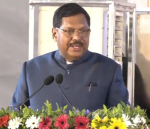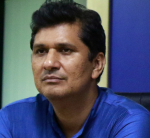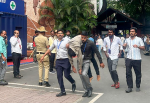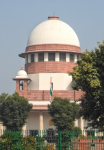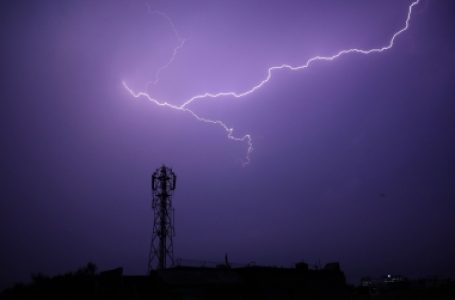Jan 22, 2020
New Delhi: The Supreme Court on Wednesday refused to pass any order to restrain the operation of Citizenship (Amendment) Act (CAA) or National Population Register (NPR).
The top court gave four weeks time to the Centre to file counter affidavit and the hearing will take place in the fifth week.
A bench headed by Chief Justice S.A. Bobde also indicated the probability of constituting a Constitution Bench to take up the matter on the next date of hearing.
Senior advocate Kapil Sibal appearing for Indian Union Muslim League (IUML) challenging the new law, urged the court to postpone the process for a few months.
However, Attorney General K.K. Venugopal opposed it saying it was equivalent to a stay.
“It means as good as granting stay on the operation of the law,” said the AG. Then the Chief Justice said: “We aren’t going to pass any such order today.”
The apex court said that the anti-CAA petitions from Assam and Tripura will be heard separately. The top court observed that Assam’s problem with CAA is different from rest of country in the backdrop of earlier cut off date for citizenship was March 24, 1971, which is under the newly amended citizenship law is Dec 31, 2014. Therefore, it is essential to segregate the Assam anti-CAA petitions for separate hearing from other pleas challenging CAA.
On a transfer petition filed by the Centre, the top court also restrained all High Courts from passing any rider on the CAA.
Senior advocate A.M. Singhvi cited that the UPA government had identified 40,000 to grant citizenship under the new law, and if the citizenship is granted then revoking it will be an irrevocable process.
The Chief Justice said there is a possibility to issue them some temporary permits for the time being. The AG contested it stating that the law itself talks about taking back the citizenship in certain situation.
“There are provisions to withdraw citizenship,” said the AG. The AG also told the bench that the government has received copies of nearly 60 pleas out of 143 petitions. Therefore, it will be appropriate to grant some time period to reply to pleas which have not been served. IANS



